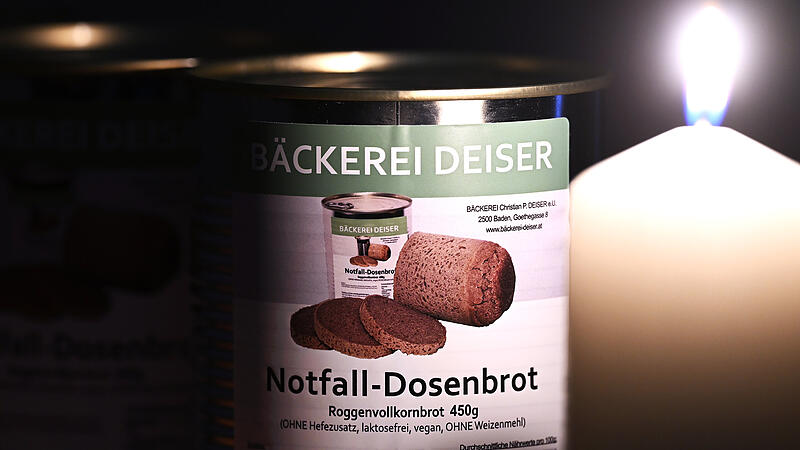The opinion research institute Ipsos for the insurance company Helvetia surveyed how the population is preparing and how great the fears associated with the crisis scenario are. In any case, 63 percent generally consider the major power outage to be a realistic scenario. According to their own statements, more than half have made provisions so far.
35 percent are of the opinion that a blackout could occur in the course of the next twelve months, and within the next three years almost half – 14 percent “very” and 35 percent “rather likely” – expect a longer-lasting power failure. At 30 percent, almost a third of the population is afraid of it. 40 percent have little or no fear. An increase in crime such as looting (24 percent), no heating (18 percent), food shortages (13 percent) and no communication facilities (12 percent) are the top concerns.
In any case, the topic has arrived – 98 percent of the 783 respondents between the ages of 16 and 99 know the term. Almost two thirds also feel sufficiently informed: 14 percent “very well”, 47 percent “rather well”. Only two percent feel “not at all” informed. Eight out of ten respondents consider the electricity crisis to be dangerous, almost a third even very. Only seven percent rate a blackout as relatively or very harmless. But 70 percent also see “hype” and profiteering. 68 percent locate a lot of fake news in this context.
54 percent stated that precautionary measures had already been taken in their household. Food (60 percent), water (37 percent) and gas cookers or grills (22 percent) were mentioned spontaneously. In the prompted query, replacement lighting came in first (70 percent), followed by food and beverage supplies (67 percent) and toiletries (60 percent). Four out of ten respondents stated that their food supply would last up to a week, only three percent believe that the supplies would only last for a day. 41 percent would be “very likely” and 44 percent “rather likely” to provide neighborhood help.
However, only 18 percent agreed on meeting points in an emergency, only 16 percent prepared emergency luggage with a document folder, and only 16 percent took precautions for IT security. “There is certainly a need to catch up when it comes to arranging meeting points and how all members find their way back into the household,” said study author Alexander Zeh from Ipsos Austria. Because the light could also go out if not all family members are in their own four walls.
Source: Nachrichten




